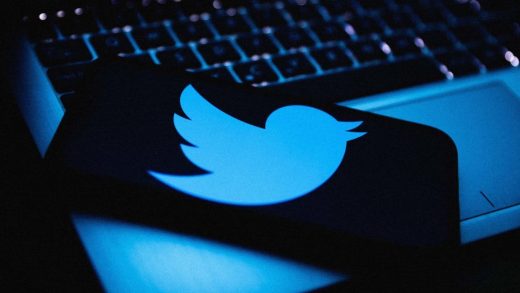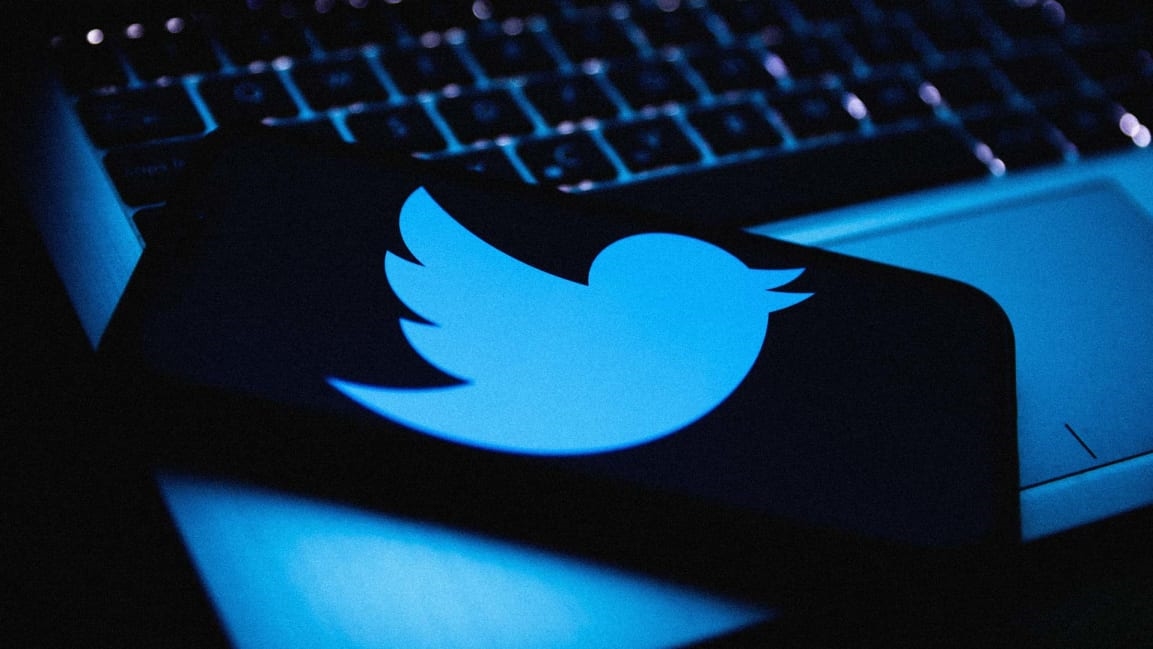Amid Musk drama, Twitter is still looking at decentralizing
In late 2019 then-Twitter CEO Jack Dorsey announced that his company would look for ways to decentralize its social network to give users more control over their tweets and other content, and to rely less on Twitter itself to dictate what could and couldn’t be said on the platform.
The idea was to use the blockchain, or something like it, to make Twitter more like email, where users can choose a “client”—that is, a software program or web program that acts like a front end to the Twitter service, it’s analogous to the choice between Gmail and Outlook—and a set of common protocols would ensure that they can share tweets or media with other users on other clients. Users of a specific client might define their own community standards and rules.
Twitter is too important to be owned and controlled by a single person. The opposite should be happening. Twitter should be decentralized as a protocol that powers an ecosystem of communication products and services.
— Fred Wilson (@fredwilson) April 14, 2022
“We’re not describing what we’re building as a federated or p2p network, or as a blockchain network, because it doesn’t fall neatly in any of these categories,” the group explained in an April 6 post. “It could be described as a hybrid federated network with p2p characteristics … Our team has previously built leading decentralized web protocols and blockchain networks, and is working on synthesizing the best of what we’ve seen into something new.”
The researchers wrote that they’re currently concerned with three main attributes of a decentralized network: portability, scale, and trust.
“Portability” means users’ ability to move their tweets and likes and follows to a third-party Twitter client. “It’s technically possible for our online identities and relationships to belong to us the way an email address, phone contact book, or password keychain does,” said Jay Graber, who leads Twitter’s Bluesky group, in an April 15 tweet.
“Scale” refers to the ability of the (decentralized) network to broadcast tweets to users around the world. (The blockchain has so far demonstrated nowhere near the capacity to handle a load that big.) “Trust” refers to giving users more visibility into what tweets are being inserted into their feeds, or removed from their feeds, and why.
Enter Musk
The blog post may have been mostly lost in the tidal wave of news and tweets about Elon Musk’s very public interest in buying Twitter. And yet the two things are closely related.
Musk believes Twitter should be more transparent (“The code should be on GitHub,” he said in a recent interview at the TED Conference), and less dependent on a central management team to dictate free speech. Like Dorsey, Musk has expressed interest in the blockchain, but, on the other hand, he’s demonstrated tight central control over this companies.
Above all, Musk believes that for all the impact Twitter has on culture it should be a far more profitable company. Twitter’s user numbers haven’t seen significant growth for many quarters. A new kind of network with more user control and a new content moderation regime may change that.
Bluesky when?
The key question around the Bluesky project may be how long users (and investors) will have to wait to see it bear fruit. The group is apparently trying to build something brand new from scratch. It hasn’t accomplished a lot so far, at least not that it’s announced publicly. And a sense of urgency doesn’t exactly radiate from the group’s recent blog post.
Analyst Ben Thompson rightly points out that blockchain networks haven’t shown that they can handle anywhere near the volume of content that the Twitter service would require. Thompson believes Twitter should create a federated network, mostly using technology it’s already got, and offer it via an application programming interface (as it’s done in the past).
“[K]eep the centralized service, which provides for portability between clients (albeit not between centralized services), and which is already built for scale and for API-driven clients,” Thompson wrote in his Stratechery newsletter. “To put it another way, Bluesky requires inventing a completely new kind of social network; my proposal requires a policy change: the tech already exists.”
That approach would certainly shorten the timeframe for offering a federated service. Such a service would likely give users more choice and control, and perhaps lift some of the content moderation load from Twitter management’s shoulders.
But the effects of a less centrally regulated service could be unpredictable, worries Quartz‘s Adario Strange. “Would a freer, more open Twitter accelerate trolling, harassment, and the proliferation of bot accounts on the service?” he wrote. “Would that lead to an exodus from the platform to something more regulated and tightly moderated?”
Finding a solution that balances the best effects of central and federated control is no short-term problem. It may take years.
And net everybody believes that decentralization or federalization or more user control is the answer to Twitter’s problems. “No one wants to run their own server, no one wants self-custody, and no one cares about the architecture of your product,” analyst and former Andreessen Horowitz partner Benedict Evans tweeted in January. “Build things people want.”
Sign of the times
Twitter is confronting a classic problem for tech companies in the 21st century. It’s a Web 2.0 company facing a Web3 world.
the days of usenet, irc, the web…even email (w PGP)…were amazing. centralizing discovery and identity into corporations really damaged the internet.
I realize I’m partially to blame, and regret it.
— jack?? (@jack) April 2, 2022
Who could have predicted that Twitter (or Facebook) would grow into a platform that directly and/or indirectly touches the social and political lives of millions or billions of people? But it has. And that gives extraordinary power to the small, unelected group of (mostly white, urban, affluent) company top brass that must dictate acceptable speech and conduct on the platform. In the politically super- (stupid-) charged political environment of now there’s simply no winning that.
The same problem of centralized power exists for companies like Google, Meta, and OpenAI that are creating AI that will likely impact daily life more and more, on and offline, including in ways we don’t yet even understand or can’t yet see.
Give credit to Jack Dorsey for seeing the problem, and bringing Bluesky to life in response. Elon Musk will continue to influence Twitter whether he buys the company or not. In any case, it appears Bluesky will continue its work.
Fast Company , Read Full Story
(49)



